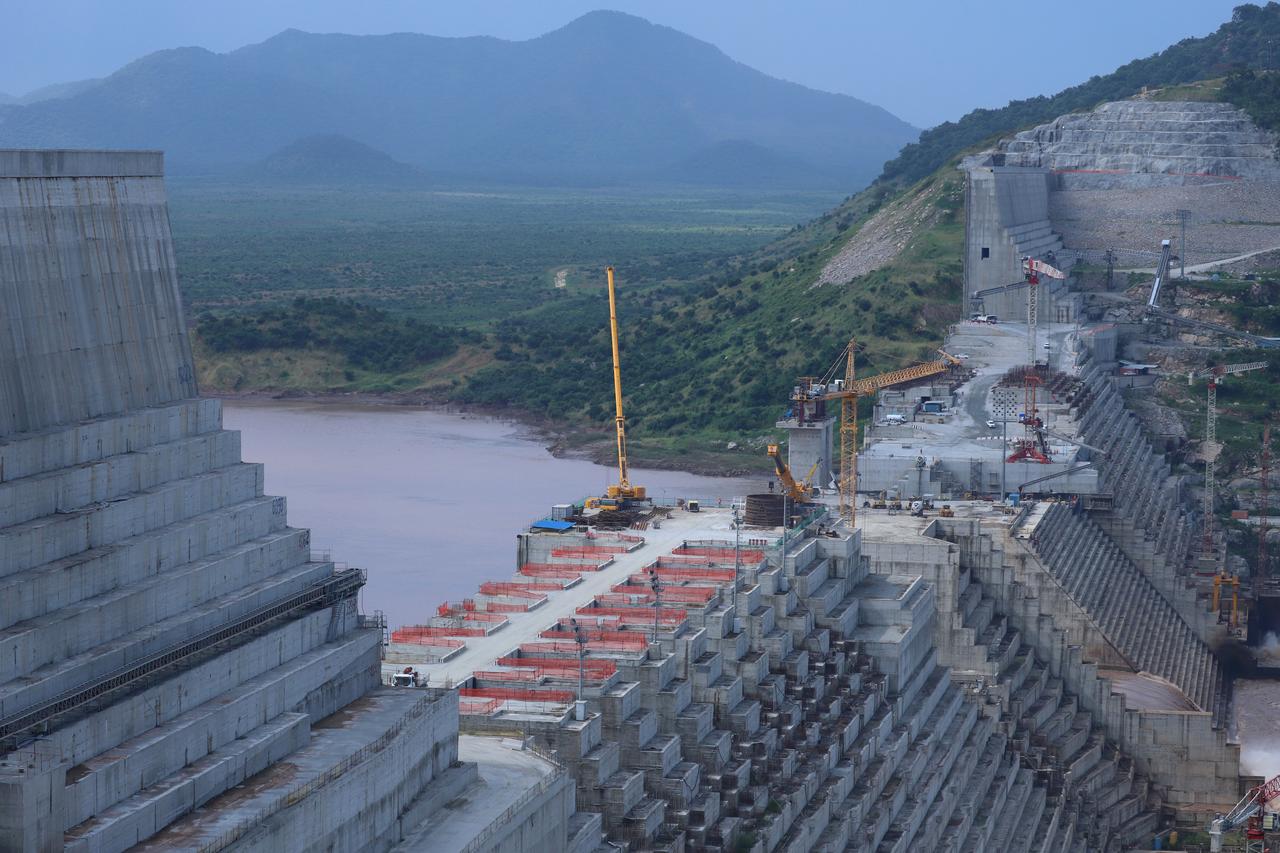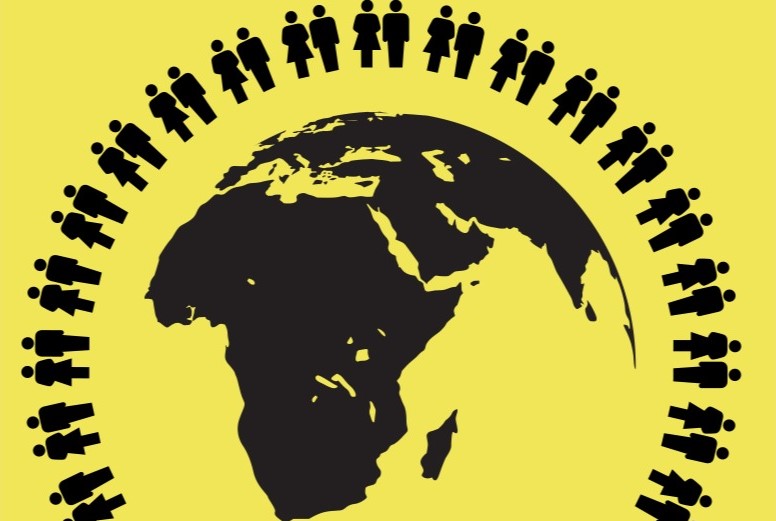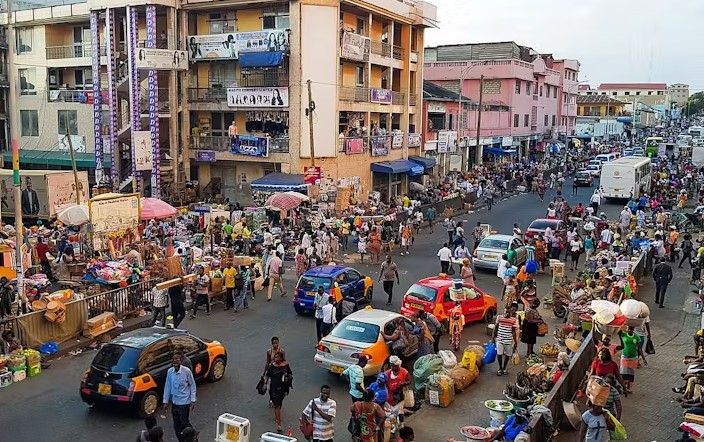
Egypt, Sudan, Ethiopia resume Nile dam talks

Sudan, Egypt and Ethiopia on Monday resumed a new round of talks to resolve a years-long dispute over the operation and filling of the Grand Ethiopian Renaissance Dam (GERD), according to Sudan’s Irrigation and Water Resources Ministry.
“The three parties agreed to continue the negotiations at the level of experts and to return to the talks at the ministerial level on Aug. 6,” the ministry said in a statement.
The talks came a day after tens of thousands of Ethiopians flooded the streets of their capital, Addis Ababa, in a government-backed rally to celebrate the first stage of the filling of the Grand Ethiopian Renaissance Dam’s 74 billion-cubic-meter reservoir.
Ethiopia says the dam will provide electricity to millions of its nearly 110 million citizens, help bring them out of poverty and also make the country a major power exporter.
Egypt, which depends on the Nile River to supply its booming population of 100 million people with fresh water, asserts the dam poses an existential threat.
Sudan, says the project could endanger its own dams — though it stands to benefit from the Ethiopian dam, including having access to cheap electricity and reduced flooding.
Irrigation ministers of Egypt, Sudan and Ethiopia took part in Monday’s talks, which were held online amid the coronavirus pandemic. The virtual meeting was also attended by officials from the African Union and South Africa, the current chairman of the regional blocK.
Key sticking points remain, including how much water Ethiopia will release downstream if a multi-year drought occurs and how the countries will resolve any future disputes. Egypt and Sudan have pushed for a binding agreement, which Ethiopia rejects and insists on non-binding guidelines.






